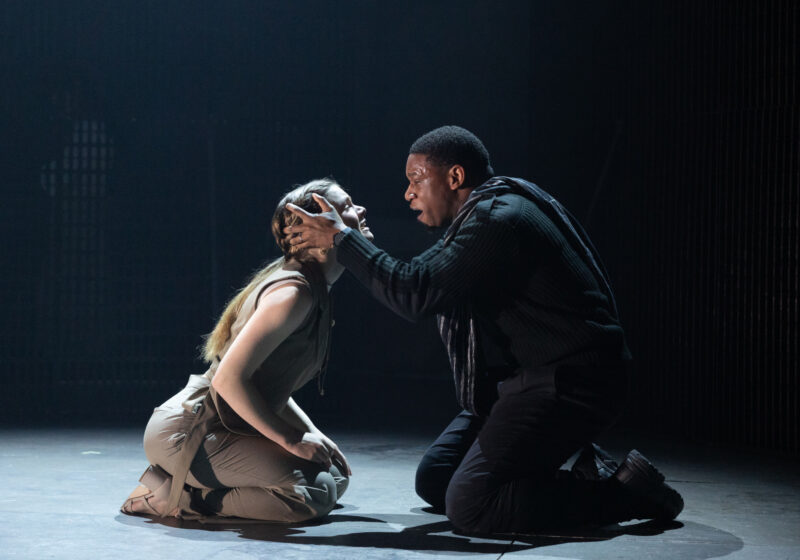Walking around campus residential areas, little blue rainbow stickers can be found on the doors of almost all Residential Advisors and many students. Go into any academic department area, and those very same stickers don the entrances to professors’ offices. Hundreds of students, faculty, administration and staff have undergone voluntary Safe Zone training since the program began in 1999 and expanded to include the general student body in 2001. As a result, the campus has become more educated about gay, lesbian, bisexual, transgender and queer issues, and has become a more supportive environment to the openly gay community. By all accounts, the program has met with success on this campus and has influenced similar programs at other places.
One somewhat surprising organization has used the Safe Zone model for their own mission – the UR College Republicans. Recognizing the need for the diversity of political ideas, the CR have unfurled the Political Safe Zone Campaign. Their program has a very legitimate premise – that a college campus is a place where “all persons, regardless of political orientation, should be able to freely and openly express their views without fear of reprisal or intimidation.” In order to work toward creating that climate here on campus, the CR invited all UR faculty, staff and administrators to place a “Political Safe Zone” sticker on their door. It is not surprising, however, that almost everyone rebuffed the offer. While the CR campaign is well intentioned, it suffers from several unintentional defects.
The creators and present directors of Safe Zone recognize that there will always be bias. Safe Zone, or any other well-designed program, cannot single-handedly eliminate this. What Safe Zone has been successful at doing is educating and training – two key components missing from the Political Safe Zone. When participants leave Safe Zone’s hour-long presentation, they are armed with more knowledge than they had before about the gay community and with the ability to find answers to questions. They are given resource packets containing a great deal of information and will start receiving monthly e-mails with links to relevant and timely articles to think about. The Political Safe Zone, on the other hand, appears to be just a sticker.
This represents a fundamental difference between the two programs. These features that are missing from the Political Safe Zone Campaign have the unfortunate consequence of undermining the important goals delineated by its founders. When one also considers that the CR have already stirred controversy on campus with their affirmative action bake sale, some will inevitably cast a skeptical eye on this new program. The UR community simply will not take the CR program seriously, thus undermining the worthwhile goals the group has. Also, the Political Safe Zone, in its current outfit, effectively disrespects the Safe Zone program by reducing it to a sticker – something the CR surely does not mean to do.
Regardless of this, the Political Safe Zone is worth saving. The CR ought to follow through on this program and change it to become beneficial to the campus community. One way to do that would be to carefully coordinate a presentation with other politically active groups, faculty, administration and staff. The presentation ought to clearly identify what needs the campaign seeks to address, why the UR community needs this program and by what mechanism those who go through the program can nurture an environment of political diversity. The program must also identify resources for further exploration and should remain in contact with those who volunteer to be trained. Having a sticker on a door does not accomplish this and, in light of the success of Safe Zone, could be construed as a mockery of the program.
Safe Zone will have an open training session on April 5 at 6 p.m. in the Gowen Room. Also, there will be a speaker from the Men of Color Health Alliance, or MOCHA, on March 31 in the Computer Science Building Room 209 at 7:30 p.m. All are invited to attend both events.
Tipton can be reached at rtipton@campustimes.org.





